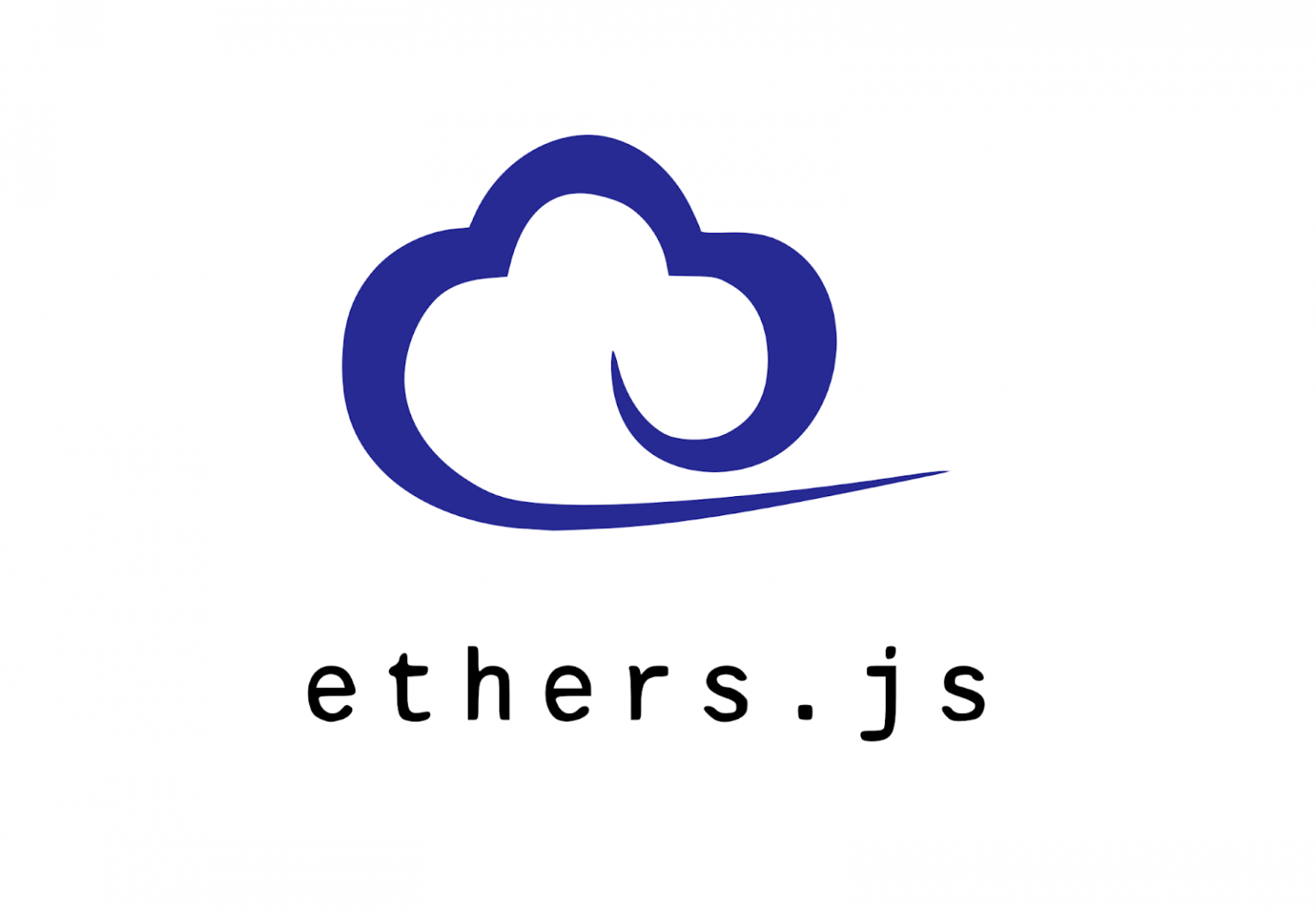Mitigate piracy of digital content and achieve greater visibility across content creation and distribution lifecycle.

The media and entertainment industry is affected by the commoditization of content and ubiquitous piracy of intellectual property (IP). Today, media users have free access to digital content and most of them are hesitant to sign up for paid subscriptions for premium content. In addition, the industry is beset with co pyright infringements. The new consumption models and streaming subscriptions have contributed to only partial recovery of revenue leakage.
All these inefficiencies make the media and entertainment industry an ideal use case for blockchain adoption. Blockchain in media and entertainment can help with decreased IP infringement, provide greater transparency into who owns the content, and enable monetization of copyrighted assets through smart contracts.
Bloom Genesis’s team of experienced blockchain developers has a deep understanding of L2 and L3 blockchains and their underlying frameworks. Our expertise lies in leveraging the robust capabilities of these frameworks that enable businesses to seamlessly launch L2 and L3 chains, particularly on Ethereum. We specialize in implementing advanced rollup technologies to enhance scalability and ensure your blockchain infrastructure can handle increased transaction volumes without compromising performance.






By partnering with Bloom Genesis, you can rely on a team of technical experts with real-world experience delivering end-to-end blockchain services.

























Integrating blockchain into game development offers several advantages:
True Ownership of In-Game Assets: Blockchain allows players to have true ownership and control over their in-game assets.
Enhanced Player Engagement: Blockchain games often introduce unique gameplay mechanics and economic models that incentivize and reward players.
Decentralized and Transparent Economy: Smart contracts and blockchain technology enable secure and trustless transactions, eliminating the need for intermediaries.
Anti-Cheating and Fraud Prevention: Blockchain's immutability and decentralized nature can help combat cheating and fraud in games.
Innovative Funding Models: Through Initial Coin Offerings (ICOs) or token sales, businesses can directly raise funds from the community, reducing reliance on traditional funding sources.